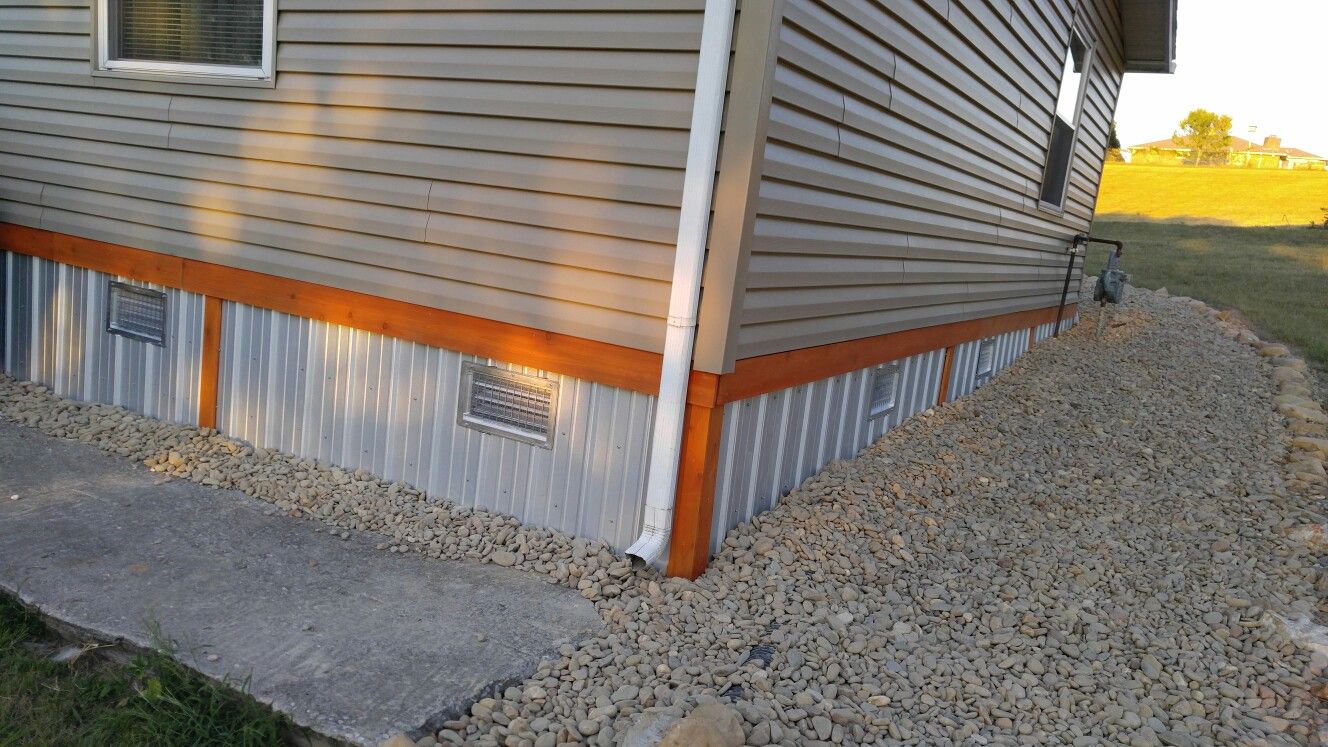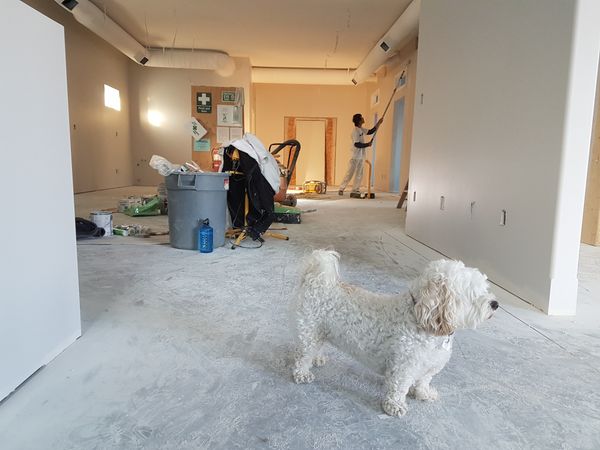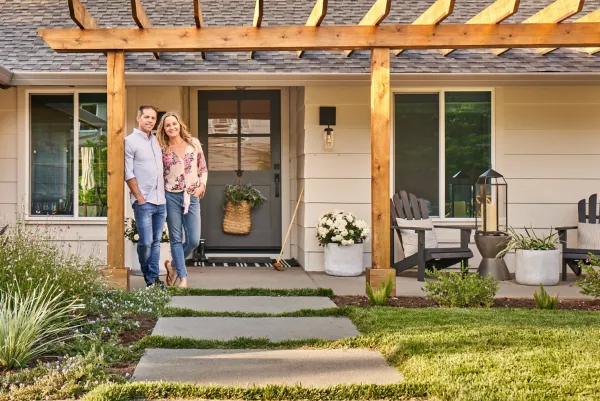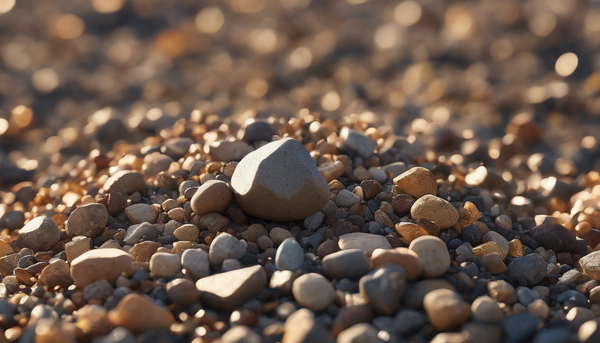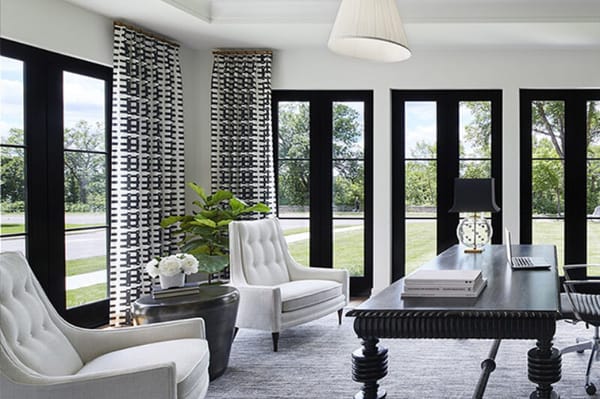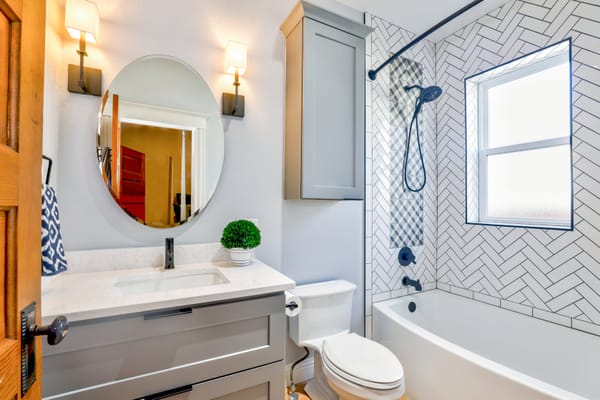Mobile home skirting is an essential component of manufactured and mobile homes, providing both aesthetic and functional benefits. In this ultimate guide, we will discuss various mobile home skirting materials, their benefits, and some useful tips for proper installation.
By understanding the importance of mobile home skirting and choosing the right solution for your needs, you can not only improve your home's appearance but also enhance its longevity and energy efficiency.
Materials for Mobile Home Skirting
Mobile Home Skirting Ideas
There are several materials available for mobile home skirting, each with unique features and advantages. Below, we will explore the most popular options and their respective benefits.
1. Vinyl Skirting
Vinyl Skirting Panels
Vinyl skirting is the most common choice for mobile home owners due to its affordability, ease of installation, and low maintenance requirements. This material is lightweight, durable, and comes in various colors and styles to complement your home's exterior.
Pros:
- Affordable
- Low maintenance
- Easy to install
- Wide range of colors and styles
Cons:
- Not as durable as other materials
- Can be damaged by extreme temperatures or UV exposure
2. Metal Skirting
Skirting Products
Metal skirting, typically made of aluminum or galvanized steel, is another popular option for mobile home owners. This material is known for its durability and resistance to pests, weather, and rust.
Pros:
- Durable and long-lasting
- Pest-resistant
- Weather-resistant
- Rust-resistant
Cons:
- More expensive than vinyl
- Can be prone to dents and scratches
- Difficult to modify or repair
3. Cement Board Skirting
Concrete Skirting Panels
Cement board skirting, also known as Hardie board, is a durable and weather-resistant option for mobile home owners looking for a more permanent solution. This material is fire-resistant and provides excellent insulation, making it an energy-efficient choice.
Pros:
- Durable and weather-resistant
- Fire-resistant
- Provides good insulation
- Aesthetic appeal
Cons:
- More expensive than vinyl or metal
- Heavy and difficult to install
- Requires professional installation
4. Brick or Stone Skirting
Manufactured Housing
Brick and stone skirting options provide a traditional and high-end look for mobile homes. These materials offer excellent durability, insulation, and pest resistance. However, they are also the most expensive and labor-intensive options.
Pros:
- Aesthetic appeal
- Durable and weather-resistant
- Pest-resistant
- Excellent insulation
Cons:
- Expensive
- Labor-intensive installation
- Requires professional installation
Benefits of Mobile Home Skirting
Mobile Home Skirting Kits and Install Skirting
1. Aesthetic Appeal
Mobile home skirting enhances the overall appearance of your home by providing a clean and finished look. It conceals the unsightly underbelly of your mobile home, including utility connections, supports, and insulation.
2. Energy Efficiency
By providing a barrier between your home's underside and the outside elements, mobile home skirting helps maintain a stable temperature within your living space. This can lead to lower energy bills and a more comfortable living environment.
3. Pest Protection
Mobile home skirting serves as a barrier to pests such as rodents, insects, and other critters. By sealing off the underside of your home, you can prevent potential damage caused by these unwanted guests.
4. Weather Protection
Skirting protects your mobile home's underside from water, snow, and debris, preventing potential damage and extending the life of your home. Properly installed skirting can also minimize the risk of frozen pipes during winter months.
Tips for Proper Mobile Home Skirting Installation
Mobile Home Skirting Panels and Plywood Skirting
1. Choose the Right Material
Consider your budget, climate, and aesthetic preferences when choosing the right skirting material for your mobile home. Each material has its pros and cons, so it's crucial to select the one that best suits your needs and circumstances.
2. Proper Ventilation
Proper ventilation is essential for preventing moisture buildup and mold growth beneath your mobile home. Ensure that your skirting has the right amount of vents to maintain airflow, and consider installing vent covers to keep out pests and debris.
3. Ground Leveling
Before installing skirting, make sure the ground around your mobile home is level and clear of debris. This will ensure a secure and even fit for your skirting, reducing the risk of damage or shifting over time.
One's Mobile Home
4. Measure Accurately
Accurate measurements are essential for a successful skirting installation. Measure the perimeter of your mobile home, as well as the height from the ground to the bottom edge, to ensure you purchase the right amount of material.
5. Proper Installation Techniques
Follow the manufacturer's guidelines for proper installation techniques, and consider hiring a professional if you're not confident in your DIY abilities. Proper installation will ensure the effectiveness and longevity of your mobile home skirting.
6. Regular Maintenance
Regular maintenance is crucial for keeping your skirting in optimal condition. Inspect your skirting for signs of damage, such as cracks, dents, or rust, and make any necessary repairs promptly. Clean your skirting regularly to remove dirt and debris, and consider applying a protective coating to prolong its life.
Conclusion
Wood Skirting and Manufactured Home
Mobile home skirting is a vital component of any manufactured or mobile home. By choosing the right material, understanding the benefits, and following proper installation techniques, you can improve the appearance, energy efficiency, and durability of your home. With this ultimate guide to mobile home skirting, you're now equipped with the knowledge to make informed decisions and maintain the integrity of your mobile home for years to come.

